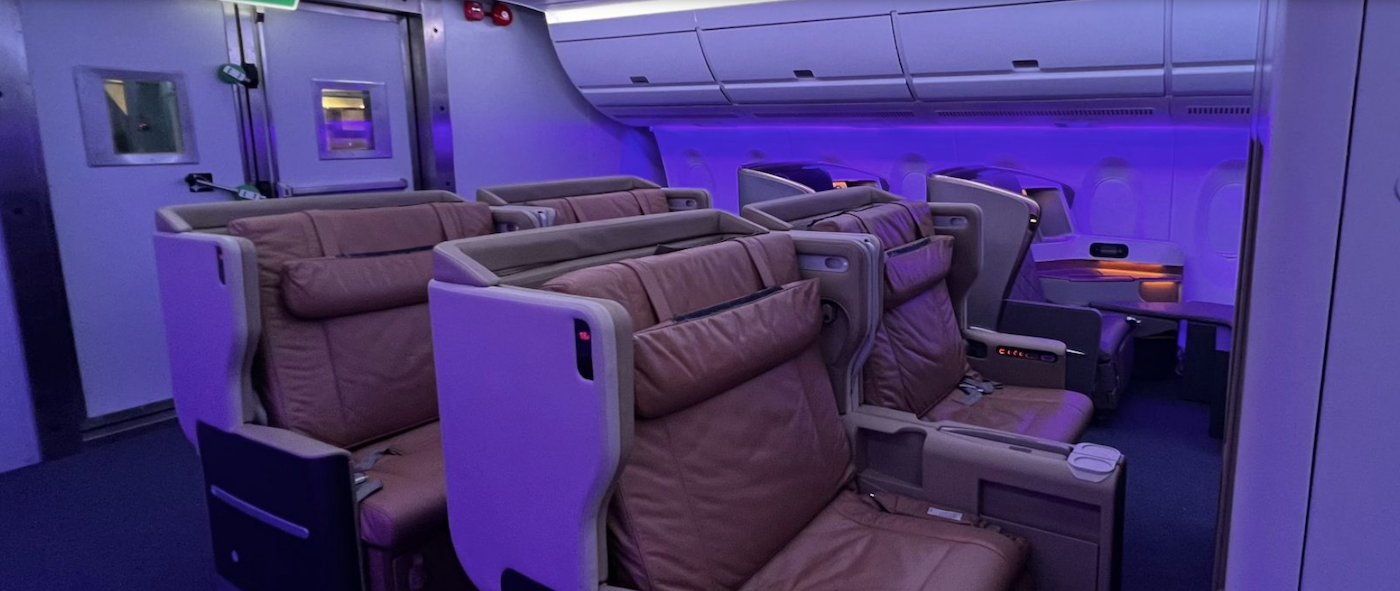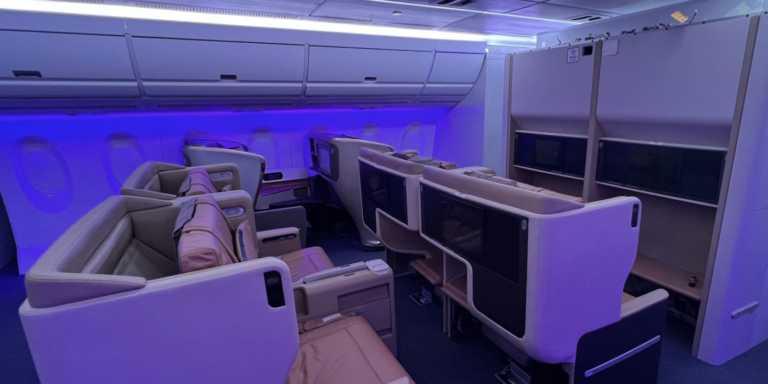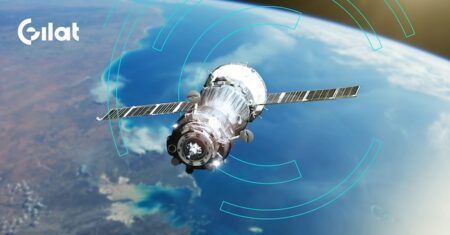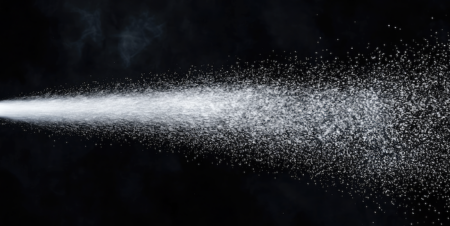Singapore Airlines (SIA) and the National University of Singapore (NUS) have opened a digital aviation corporate laboratory, intended for the co-creation of technologies that will accelerate the digital transformation of Singapore’s aviation sector, and help enhance the air travel experience for passengers.
Named the SIA-NUS Digital Aviation Corporate Laboratory and located at the Innovation 4.0 Building at NUS Kent Ridge campus, the S$45 million (US$33.3m) research facility includes state-of-the-art equipment and facilities, such as a cabin simulator and a cockpit simulator with Augmented Reality (AR) and Virtual Reality (VR) technologies. The facility will also benefit from research expertise across NUS’s faculties and research institutes.
Altogether the lab is designed to help SIA accelerate its digital transformation programme, helping it overcome the challenges brought about by the Covid-19 pandemic. The objectives of the lab include driving traveller-centric digital services, ensuring security and safety in air travel, and enhancing organisational effectiveness and workplace productivity for SIA and Singapore’s aviation sector.
The cabin simulator will be used to develop data-driven enhancements to passenger comfort, sleep and cabin service. The research teams will also develop specifications of new product and service protocols for enhanced passenger experiences and customer service. This will be achieved by combining insights from different research approaches, including data analytics, behavioural and sleep science, design processes, as well as the organisational knowledge and practices of SIA.
The Corporate Laboratory will focus on developing innovations in the following key strategic areas related to the inflight experience:
Enhancements to SIA’s cabin seat products: The team will develop and implement novel sensor-based methods for collecting and mining data that can be used for the purpose of analysing comfort on long-haul flights. The data mining seeks to uncover critical insights on seat comfort, which will then be translated into specifications and measurement targets to enhance SIA’s cabin seat products.
Novel features to improve customers’ sleep on board flights: Evidence-based insights on inflight sleep quality will be used to design a sleeping environment that can be adapted to optimise passengers’ sleep. This includes enhancing seat comfort in ways that facilitate the initiation and maintenance of sleep, optimising environmental factors that affect sleep (e.g. light, sound and touch), and the scheduling of cabin services in a manner that minimises the disruption of passengers’ sleep opportunities.
Pushing SIA’s customer experience: To elevate SIA’s customer experience and in-flight service to the next level, the team aspires to develop an in-house solution to deploy a sensor-based, data-driven technology platform. The concept involves capturing, interpreting and anticipating real-time passenger needs, as well as designing suitable service interventions to address passenger comfort, both at an individual and cabin level. The solution processes real-time physiological variables (e.g. cold/hot, hunger or thirst, sleepiness, fatigue) to determine passengers’ physiological state so as to inform or, where suitable, prescribe actions for the cabin crew.
The laboratory forms part of SIA’s Digital Innovation Blueprint, set out in 2018 by the airline to establish itself as a digital aviation and travel experience leader. This was followed by the signing of two Memoranda of Understanding (MoUs) between NUS and SIA, with the University as the Airline’s knowledge partner.
Goh Choon Phong, CEO of SIA said that the facility, “will lead to even more innovative solutions that can enhance the customer experience and travel journey, optimise revenue generation, and increase operational efficiency.”

Advancing digital transformation
The SIA-NUS Digital Aviation Corporate Laboratory is helmed by Professor Teo Chung Piaw, Executive Director of the Institute of Operations Research and Analytics of NUS, and Mr Chan Mun Chung, Senior Manager at SIA’s Digital Innovation Lab, who will be the co-Directors of the Corporate Laboratory.
Over the next five years, the SIA-NUS Digital Aviation Corporate Laboratory expects to train more than 70 researchers and PhD students, who will play a critical role in fostering resilient and long-term research and development, and engineering talent pipeline for Singapore’s aviation industry.
NUS President Professor Tan Eng Chye said, “This significant collaboration will tap into NUS’ deep-tech and multi-disciplinary research expertise across artificial intelligence (AI), machine learning, data science, operations research and analytics, optimisation, sleep studies and industrial design, to deliver high value and productivity improvements for SIA, our country’s flagship carrier. The innovative technologies developed from the research will redefine the air travel experience for passengers worldwide, while accelerating the digital transformation of Singapore’s aviation sector.”
NUS’ research expertise across its faculties and research institutes will include activities in the following areas:
• Revenue management and dynamic pricing: The aim is to develop a new approach to design optimal price tiers for air tickets and manage seat inventory, leveraging modern analytical tools and technologies that can perform deep data analytics in airline revenue management systems. Currently, SIA faces challenges in the areas of price elasticity estimation, dynamic pricing, and competition. These challenges require the development of a customised solution for SIA. Expertise, infrastructure, and relevant background work done at NUS’ Institute of Operations Research and Analytics (IORA), Business School, School of Computing, and Department of Industrial Systems Engineering and Management will be tapped on to add value to the proposed projects in this area.
• Transforming competency and skills development: The Corporate Laboratory will look at deploying technology to enhance training within the aviation industry. Specifically, the projects will use eye-tracking technology to quantify and personalise training programmes for pilots, and tap on Augmented Reality (AR) and Virtual Reality (VR) technology to complement existing training programmes, providing SIA with greater learning flexibility. In the first project, eye-tracking technology will be used to develop a data-driven and competency-based training framework, which will provide an objective approach to training, as well as potentially reduce the number of required hours in flight simulators and training costs. In the second project, the use of AR and VR will help to complement existing training programmes for new cadets as well as the routine refresher courses for current flight and cabin crew by providing greater flexibility in where they can train. It will also include more types of scenarios and situations that can be simulated.
• Employee wellness: The aim is to develop a fatigue modelling and prediction algorithm that can be customised for every pilot and cabin crew member, based on different fatigue factors. This will allow SIA to enhance pilot and cabin crew safety and well-being while upholding levels of performance. In addition, this project aims to achieve a more comprehensive picture of the well-being of SIA’s flight crew, and provide guidelines on fatigue mitigation strategies to improve employee wellness. The outcomes that the Corporate Laboratory aims to achieve include accurate individual-based fatigue modelling and prediction, fatigue management approaches, and cumulative fatigue modelling. Expertise and relevant background from NUS’ School of Computing and the Duke-NUS Medical School will be tapped on to add value to the proposed projects in this area.
• Passenger comfort, sleep and cabin service: Developing real environment cabin simulators to enhance customers’ comfort, sleep qualities, as well as developing specifications of new product and service protocols for enhanced and unparalleled customer service.
Research activities
The Corporate Laboratory will tap into NUS’s research capabilities from the following areas:
• Business School – Department of Analytics and Operations
• College of Design and Engineering – Department of Biomedical Engineering, Electrical and Computer Engineering, and Division of Industrial Design
• Duke-NUS Medical School – Chronobiology and Sleep Laboratory
• Institute for Health Innovation and Technology (iHealthtech)
• Institute of Operations Research and Analytics
• School of Computing – Information Systems and Analytics





